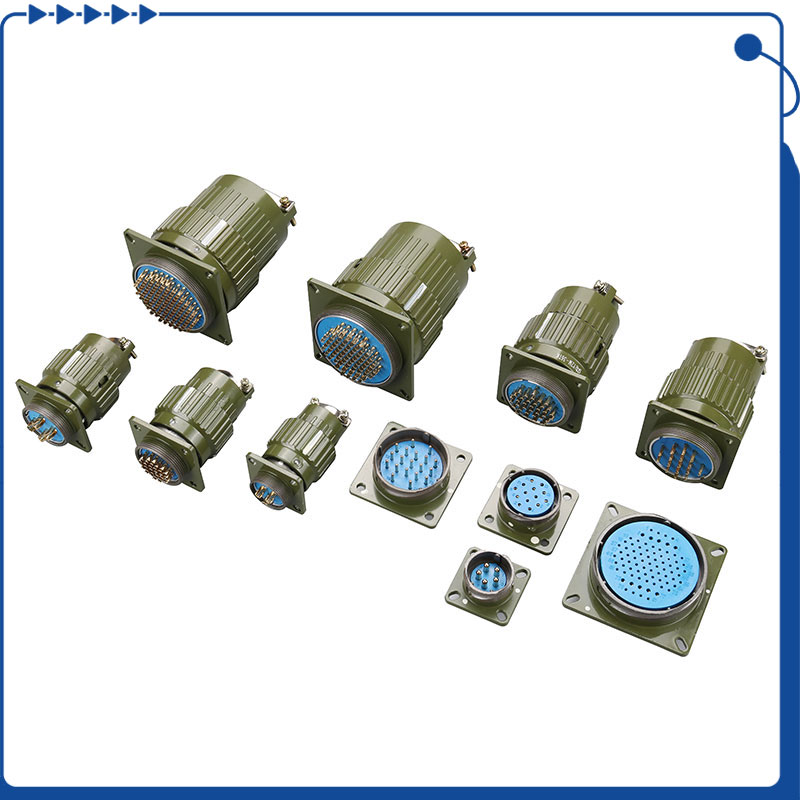Whether it's wiring in industrial equipment or signal transmission for outdoor instruments, Metal Circular Connectors are a familiar sight. But sometimes, the signal strength fluctuates, or transmission is choppy. Is this because the metal circular connector is "stealing" signal, causing signal loss? Actually, it's not a simple matter. Let's break it down and see if it really does "damage" the signal.

Let's start with the most common problem area—contact. Metal Circular Connectors transmit signals through internal metal pins, much like electrical wiring connections. If the connection isn't tight, the current flow will be disrupted, and the same applies to the signal. If it's not fully inserted, or the screws aren't tightened, there will be gaps between the pins and the connector, causing signal leakage—what appears as loss. But this isn't a problem with the connector itself. Just like a phone charger cable that's not plugged in properly—slow charging isn't the charger's fault; a tight plug will ensure smooth charging.
Some might ask, won't the metal casing affect the signal and cause loss? Quite the opposite! The metal casing not only doesn't hinder signal transmission, but it also helps reduce loss. It's like putting a "metal protective suit" on the signal, blocking external electromagnetic interference, such as noise from nearby wires or other equipment. If this interference were to get in, it would actually disrupt the signal, appearing as signal loss. Furthermore, the pins inside Metal Circular Connectors are mostly made of copper alloy, which has excellent conductivity. When the signal travels through it, less is lost, resulting in significantly lower loss than inferior plastic connectors.
Don't mistake Metal Circular Connectors for just a shell and a few pins; their structural design is full of clever ways to reduce signal loss. For example, some high-end models incorporate a "shielding layer," like a metal mesh wrapped around the pins, firmly "wrapping" the signal inside to prevent leakage. Others optimize the pin layout, making the signal transmission path shorter and straighter. Just like taking a straight path saves time compared to taking a winding one, the signal transmits with less effort, naturally reducing loss. Of course, if you buy a poorly made one with crooked pins and a substandard shielding layer, signal loss will definitely be significant.
Many devices use Metal Circular Connectors that require frequent insertion and removal. Will this wear down over time, leading to signal loss? This depends. Reliable Metal Circular Connectors have wear-resistant pins that won't easily wear down even after thousands or tens of thousands of insertions and removals, maintaining excellent contact and preventing signal loss. However, if you use inferior products with ordinary metal pins, they will wear down and deform after a few insertions and removals, leading to poor contact and signal loss.
To prevent Metal Circular Connectors from causing significant signal loss, there are two key points: First, choose the right products—select reliable ones with well-made pins and shielding; second, use the correct method—make sure to insert them all the way in, tighten the screws, and leave no gaps; and third, pay attention to cleaning—avoid dust and oil buildup in the connectors, as these can also affect contact. Just like taking care of the plugs in your home appliances, if they are clean and firmly plugged in, they will work smoothly and the signal will be transmitted reliably without unnecessary loss.